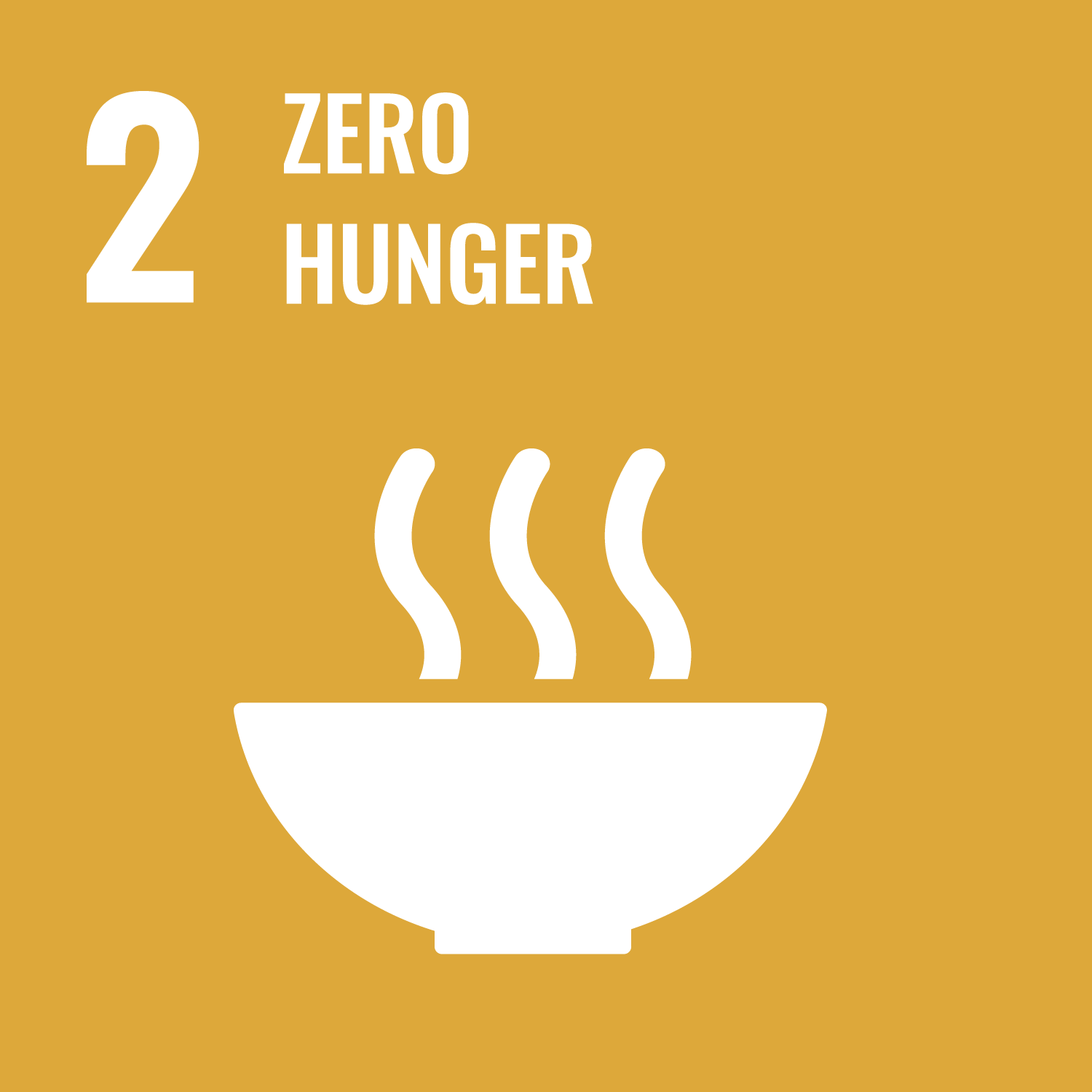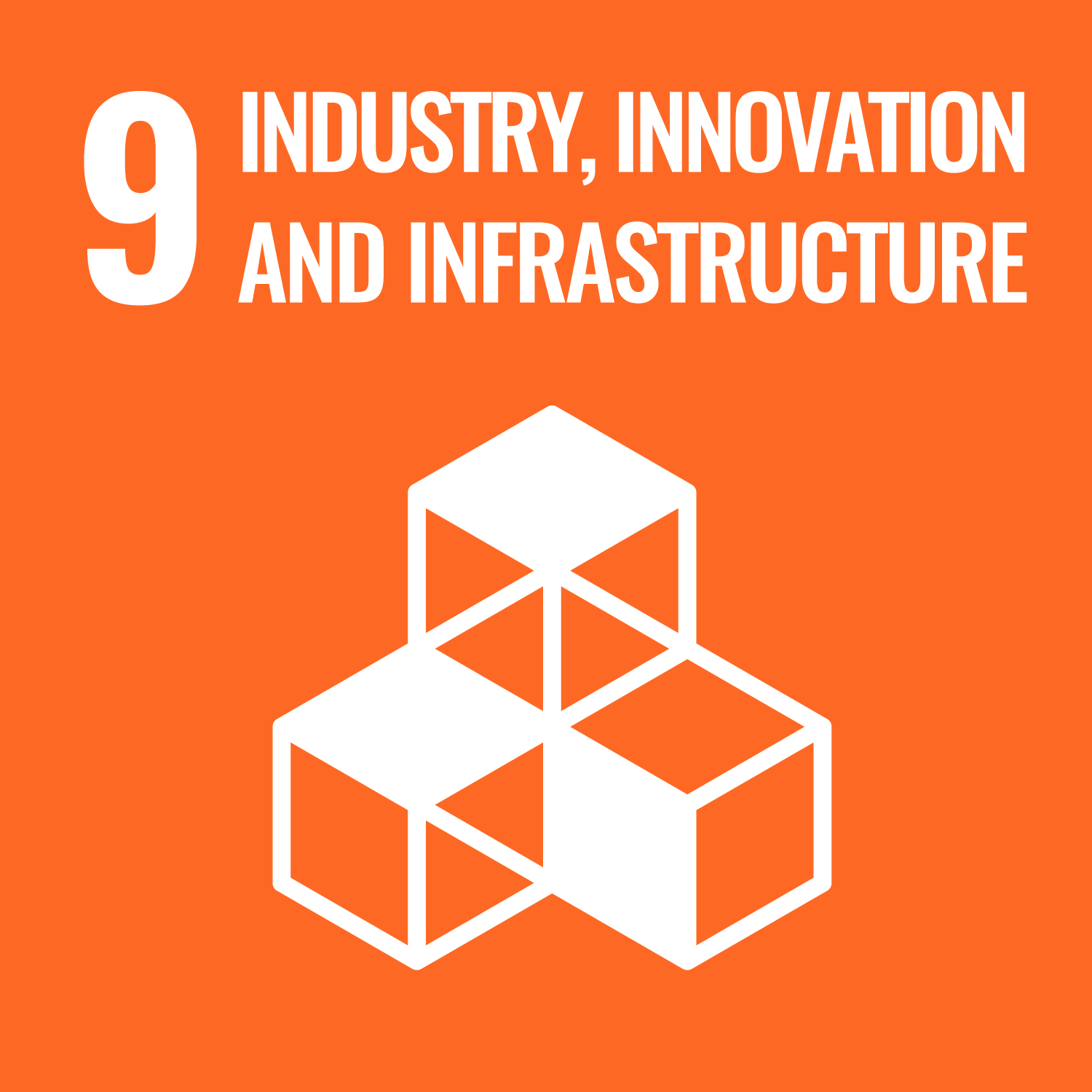SDG Detail
Modelling Nature-Positive Land Management: Lessons from the East of England Landscape Enterprise Network (LENS)
ReportProject description
This report takes readers step by step through the LENS1 East of England project that links management and investment in landscapes to the long-term needs of business and society, ending with lessons learned and a look ahead. It provides a guide for public and private sector organisations around the country looking for ways to mitigate risks from the degradation of natural resources on which they rely. For policymakers and regulators, it illustrates an effective, scalable approach to help deliver on the Government�s 25-year Environment Plan and its commitments to address the climate and biodiversity crises. The report explains how University of Cambridge Institute for Sustainability Leadership (CISL) and 3Keel, acting as facilitators, used the LENS model to bring together disparate key players and overcome two common barriers to effective landscape interventions: how to deploy funding from multiple disparate private and public sector parties seeking different outcomes in an efficient, equitable and accountable way how to create a governance structure that provides all stakeholders, including farmers, with the agency, confidence and trust to unlock funding and manage vested interests. Initial funding partners included Anglian Water, Cereal Partners UK, Essex and Suffolk Water, Nestle Purina and Northampton County Council. These have since been joined by Affinity Water and Cargill, with �2.4m raised for the second project round launched in spring 2022 with 71 farmers taking part. The scheme's rapid growth reflected farmer interest and ambition, and the additional partners which enabled a doubling of budget and a 250% increase in scale, covering more than 250,000 hectares. The scheme will continue at least until 2027 and up to 120 farmers are expected in 2023. Over time, LENS East of England aims to generate large-scale, measurable improvements for the region in water quality, flood mitigation, biodiversity, water resources, (GHG) emission reductions, carbon sequestration and regenerative agriculture
Project aims
?
Project outcome
?
Related SDGs
The corresponding sustainable development goals correlated with this project. You you click the icon to link to SDG category description page.
Industries
Discipline
Link to source
Cambridge Institute for Sustainability Leadership(University of Cambridge)











